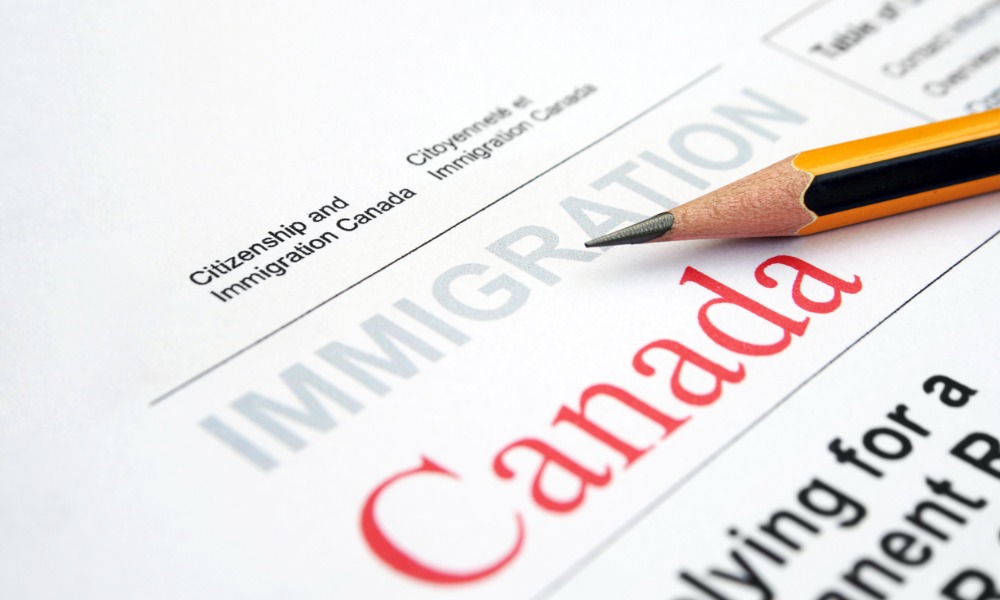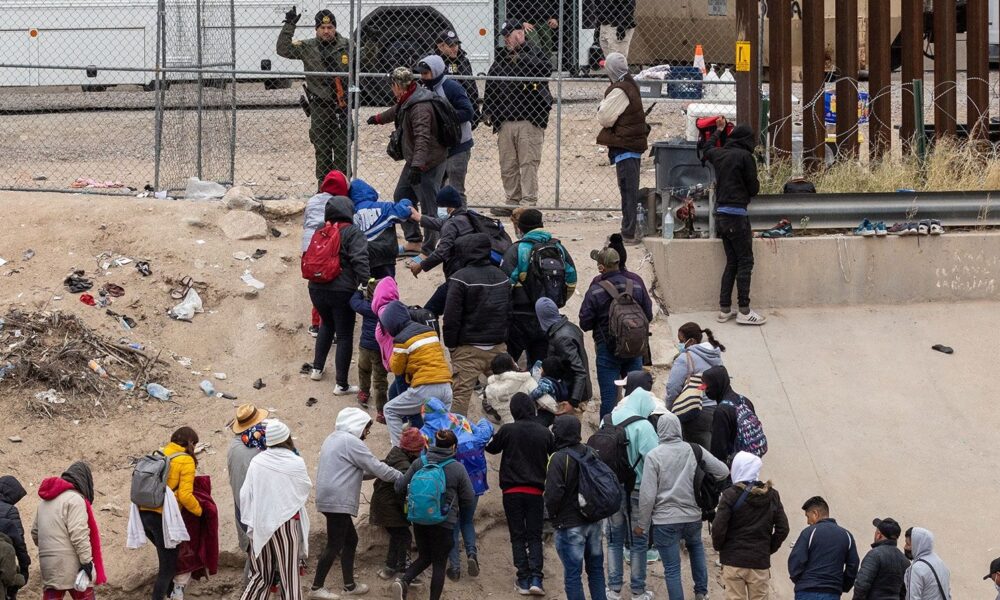
Immigration policies have been a topic of debate for many years, often focusing on the social and political implications. However, it is important to also consider the economic impact of these policies. Immigration can have both positive and negative effects on a country’s economy, and analyzing these effects is crucial in determining the best policies to implement.
Positive Economic Effects of Immigration
- Increased labor force: Immigration can increase the size of a country’s labor force, which can lead to increased economic growth. Immigrants bring new skills and talents to the workforce, and can fill labor shortages in certain industries.
- Entrepreneurship: Immigrants are more likely to start new businesses than native-born citizens. These businesses can create jobs and stimulate economic growth.
- Tax revenue: Immigrants pay taxes, which can contribute to a country’s overall revenue. They may also be eligible for certain government benefits, which can stimulate the economy.
Negative Economic Effects of Immigration
- Competition for jobs: Some argue that immigrants may take jobs away from native-born citizens, leading to increased unemployment.
- Wage suppression: Immigrants may be willing to work for lower wages than native-born citizens, which can suppress wages for all workers in certain industries.
- Costs of integration: Immigrants may require government assistance in order to integrate into their new country, which can be costly.
Examples of Immigration Policies and Their Economic Impact
There are many different types of immigration policies, and each can have a different economic impact. Here are a few examples:
Open Borders
Open borders policies allow for unrestricted immigration, with no limits on the number of immigrants allowed into a country. This policy can have both positive and negative economic effects. On the positive side, open borders can increase the size of the labor force and stimulate economic growth. On the negative side, it can lead to increased competition for jobs and wage suppression.
Points-Based System
A points-based system assigns points to potential immigrants based on factors such as education, work experience, and language skills. Those with the most points are given priority for immigration. This policy can have a positive economic impact by ensuring that immigrants have the skills and qualifications needed to fill labor shortages in certain industries.
Temporary Worker Programs
Temporary worker programs allow immigrants to work in a country for a limited period of time, often to fill labor shortages in certain industries. This policy can have a positive economic impact by filling short-term labor needs, but may not address long-term labor shortages.
Immigration policies can have a significant impact on a country’s economy, and it is important to consider both the positive and negative effects when determining the best policies to implement. By analyzing the economic impact of immigration policies, we can make informed decisions that will benefit both immigrants and native-born citizens.







